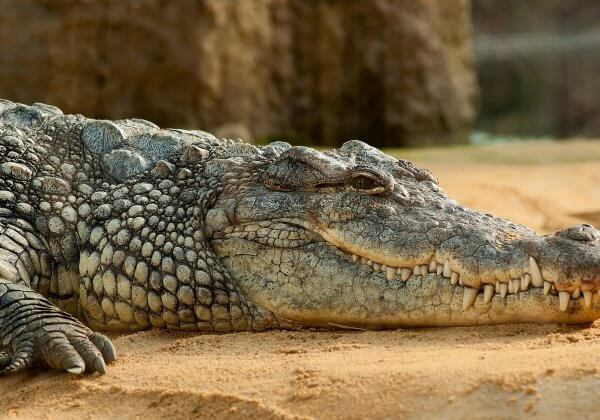Huge News! Poland to Ban Fur Farming
PETA is celebrating a huge victory for minks, foxes, and raccoon dogs, as the Sejm (the lower house of the Polish parliament) has voted in favour of a fur-farming ban. Poland is the world’s third-largest fur producer, after China and Denmark, and the ban will spare the lives of the more than 8 million animals who are raised and violently killed for their fur in the country every year. Unfortunately, rabbits are not included in the ban.
Earlier this month, PETA Germany sent a letter to the Ministry of Agriculture and Rural Development of Poland calling for a fur-farming ban, and thousands of supporters of PETA affiliates have sent messages to Polish officials.

What Are the Next Steps?
The Sejm’s decision must now be voted on in the Senate (the upper house of parliament) and signed by the president. If approved, the new legislation should come into force in a year’s time.
What’s Happening on Fur Farms in Poland?
A PETA Germany exposé into five Polish fur farms revealed that foxes and raccoon dogs were crammed into barren, faeces-encrusted wire cages. Animals went insane from the intensive confinement, frantically turning in circles, pacing back and forth, and scratching at cage walls. Standing on barren wire cage floors led to swollen and inflamed paws. These and other injuries and diseases, such as swollen gums, went untreated.
Other investigations have revealed similar neglect and abuse on fur farms, including animals with open, festering wounds being killed by electrocution, neck breaking, or gassing.
Will The Next Pandemic Come from a Fur Farm?
Fur farms are putting public health at risk, too. When it comes to the risk of disease, they’re no different to the live-animal market in which the novel coronavirus is believed to have originated. It’s very easy for infectious diseases to spread on fur farms through the exchange of urine, excrement, pus, and blood. Minks with infections, sores, and festering, open wounds caused by the wire flooring they stand on are a common sight. Fur farmers and handlers are among those who most commonly suffer from the zoonotic bacterial disease tularaemia.
Following reports that minks tested positive for COVID-19 on fur farms in the Netherlands and workers are believed to have contracted the virus from the animals, the Dutch parliament voted by an overwhelming majority to bring forward the implementation of a fur-farming ban in the country.
Which Countries Have Banned Fur Farming?
Fur is dead, and the growing list of places where raising animals for their pelts is banned is proof. Poland joins Belgium, Germany, Ireland, Luxemburg, Norway, Slovakia, the United Kingdom, and the many other countries that have said no to fur farming.







